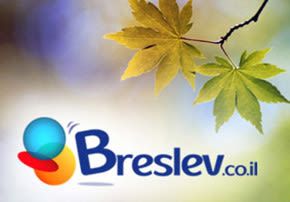
Matot-Masei: The Truth About Superman
We live in an era void of heroes. We are disillusioned by those in power because we expect more from them than we do from others in the community. We think that only people in positions of power are responsible for the fate of society. Consequently, we push off the burden of being a hero ourselves!

When “Superman Returns,” as he did in the 2013 summer blockbuster, he arrives in an era when heroism is dormant. Even more unusual than Lois Lane’s inability to figure out Clark Kent’s true identity, the attempt to reintroduce such an iconic figure in this day and age is, to say the least, awkward. The concept of a super hero, this all-good inspirational figure, seems out of place.
Today we are inspired by ideals rather than people. We attempt to meet the image of success broadcast by corporations and fulfill lofty political agendas expounded by politicians and the popular media. Yet at the same time, we tend to be skeptical of the individual. No politician, military general, or sports figure has the strength of character or the integrity of action to become another Superman, and if Superman were to live today, it would be assumed that behind his great strength and dedication to humanitarianism there is corruption, misinformation, and serious psychological problems that cause him to wear big red boots.
Is heroism dead? Why do so few people personify the good in this world? Perhaps today’s lack of the heroes isn’t a reflection of society, but of us. Perhaps the reason we can’t find heroes is because we have lost ourselves.
Cities of Refuge
Masei, the final parsha of Bamidbar, introduces the “cities of refuge.” God tells the Israelites to establish cities where one who unintentionally kills may flee to escape retribution. The cities of refuge were inhabited by Levi’im, the tribe dedicated to Divine service. The unintentional murderers remained in the city of refuge until the death of the Kohen Gadol (the High Priest), after which they could return home without fear of becoming the object of revenge (Bamidbar 35:28). What does the death of the Kohen Gadol have to do with how long an unintentional murderer remains in the city of refuge?
Rashi explains that the Kohen Gadol bears some responsibility for the fatal accident, because he should have prayed that such a tragic accident would not occur while he is in office. The Gemara explains that if an unintentional murder occurred after the Kohen Gadol died and before a new one was chosen, and the verdict requiring the perpetrator to flee is handed down after the new Kohen Gadol is chosen, the murderer must remain the in the city of refuge until the death of the newly appointed Kohen Gadol. From this law, it appears that the newly appointed Kohen Gadol shares responsibility for the murder even if the events occurred before he was appointed. Why? Because, says the Gemara, the newly appointed Kohen Gadol should have prayed for the murderer to be acquitted.
Why? The murder has already occurred. The job of the court is to figure out what happened and judge accordingly. Is the Gemara suggesting that the Kohen Gadol pray that the court not bend justice?
It is obvious that an unintentional murderer is not blameless, as the perpetrator is exiled to a city of refuge. Causing a fatal accident shows a lack of appreciation for the sanctity of life. If we truly regarded life as our greatest possession, we would be more careful. Three cities of refuge were established on each side of the Trans-Jordan, though only two and a half tribes settled on the eastern side of the river. The reason given is that the number of unintentional murders that occurred outside of the land of Israel was actually greater than within the borders of Israel, although more Jews lived in Israel.
Our Sages teach that the higher murder rate was a result of their outlook on life. The tribes of Gad and Reuven chose to remain outside of Israel because they focused on the material and physical, rather than on the spiritual value of Eretz Yisrael. They were willing to forgo the holiness of Eretz Yisrael to dwell in a more plentiful and less crowded place. Living outside of Eretz Yisrael lessened their appreciation of the sanctity of life, and resulted in a higher rate of unintentional murder.
Though it is understandable why an unintentional murder reflects a skewed perspective regarding the sanctity of life, what in the world does this have to do with the newly appointed Kohen Gadol, who was not even ‘in office’ when the murder took place?
Dovid HaMelech (King David) wrote, “And I am my prayer” (Tehillim 69:14). The Chofetz Chaim explains this with a parable. If a well-to-do stranger knocks on our door asking for charity, we would expect him to explain about the charity he is collecting for and how he will disperse the funds. But if a poor, dirty, disheveled beggar were to knock on the door and ask for food or water, he has no need to explain why he needs charity. His essence communicates the message.
The Chofetz Chaim teaches us that when we pray, we should strive to reach a point where our entire essence conveys that for which we are praying. We should literally become our prayer.
Rabbi Zev Leff says that that even before the Kohen Gadol assumes his exulted position, he should be praying that tragic accidents should not occur. Even a simple member of the community should pray wholeheartedly and attempt to build up those around him. Therefore, although the newly appointed Kohen Gadol was not in power during the time that the accident occurred, the fact that the accident occurred is a reflection of his failure to properly beseech the Almighty (Outlooks and Insights, p. 204).
This earth-shattering concept speaks volumes to us who live in a world void of heroes. We are disillusioned by those in power because we expect more from those who hold a high position than we do from others in the community. We underestimate those around us by thinking only the people in formal positions of power are responsible for the fate of society. We expect Superman to be a hero, rather than a hero to be Superman. We push off the burden of being a hero ourselves. As a result, we lose the light that we can offer to the world.
Our forefathers bequeathed us with the sublime ability to bring the holiness of the Next World into a physical reality. The talents we possess, and the goodness we offer are unrelated to our professional title. We have to become great before we rise to power. This ability for greatness lies within all of us, when, instead of waiting for a hero to rise, we can personally become sparks of Divine light. We must become our prayer for a better tomorrow because the fate of the world rests on the choices we make today.
We Hold the Keys
In Pirkei Avot, Ethics of our Fathers, (1:2) it states that the purpose of creation is to allow the Jewish people to connect with the Almighty. Everything, from the smallest gnat to the most epic historical affair is there to help us, the Jewish people, fulfill our mission to elevate humanity. The task is great, and can only be achieved through a collective effort. Therefore, we should not look to Superman, or to the current Kohen Gadol, and ask them what they plan to do to fix the world. Rather, we should recognize that we hold the keys, and we, like the incoming Kohen Gadol, should become our prayer and create a reality where life functions at a perfected state.
This is the way we should approach the oftentimes frightening, broken world in which we live. There is no doubt that evil exists in the world. Yet evil itself is simply a tool to allow us to conquer and achieve our role in creation. Rebbe Nachman of Breslev taught that a simple act of courage performed by a person in his struggle, the slightest victory over evil, notwithstanding the defeats, is greater in God’s eyes than one thousand years of constant worship without the evil inclination (Courage! p. 136).
We should not expect a modern day hero to fly over the buildings or lift cars. Rather, a simple act of triumph over our evil inclination helps us to actualize our potential. Each small step toward greatness transforms us into the people we pray to become. This is the true definition of heroism and even super heroism.
May we merit rising to the challenge of fulfilling society’s need for a hero, and through our actions bring the ultimate redemption, and the rebuilding of the third Beit Hamikdash. May it be rebuilt speedily and in our days. Amen.



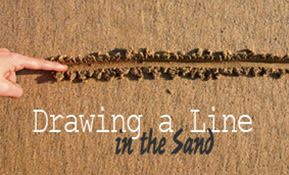
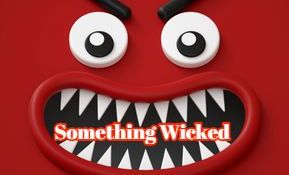


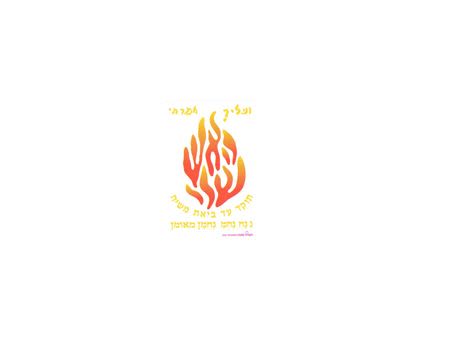
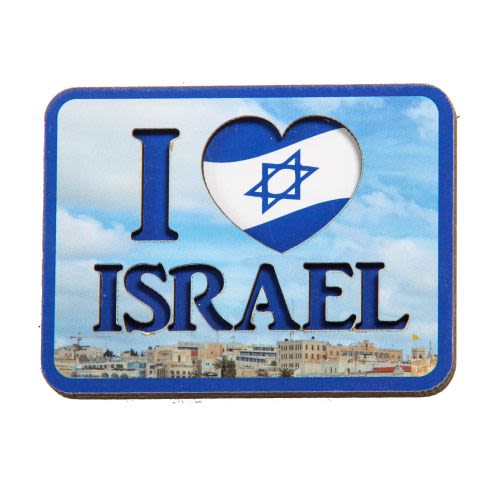
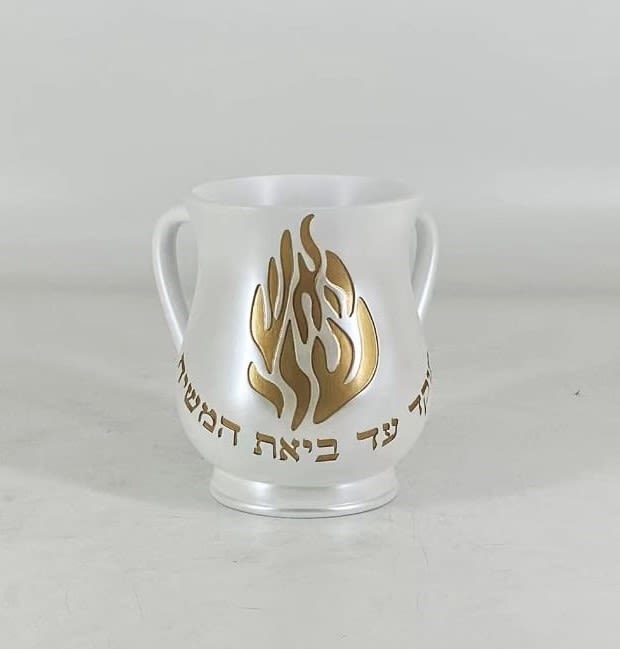
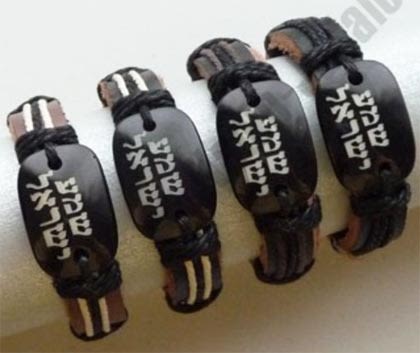
Tell us what you think!
Thank you for your comment!
It will be published after approval by the Editor.